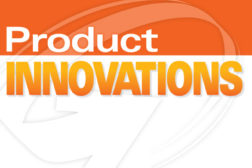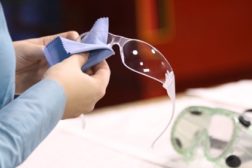Home » Keywords: » sustainable
Items Tagged with 'sustainable'
ARTICLES
DuPont Sustainable solutions launches personal protective equipment maintenance program
Eye, ear and hand PPE among items covered
February 28, 2013
How can sustainability initiatives get meaningful funding?
A Sustainability Professionals LinkedIn group discussion
January 30, 2013
Become a Leader in Safety Culture
Build your knowledge with ISHN, covering key safety, health and industrial hygiene news, products, and trends.
JOIN TODAYCopyright ©2025. All Rights Reserved BNP Media.
Design, CMS, Hosting & Web Development :: ePublishing








